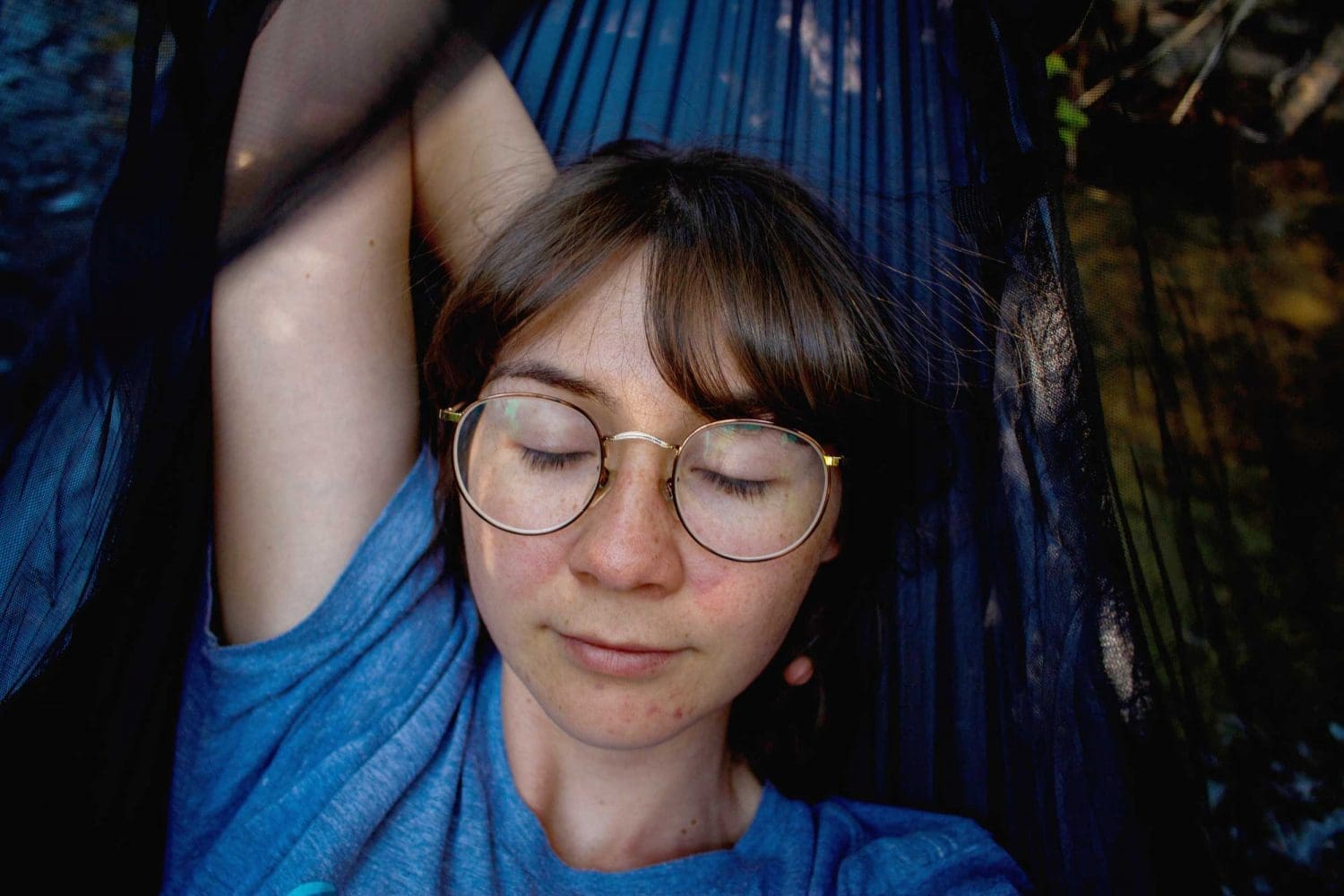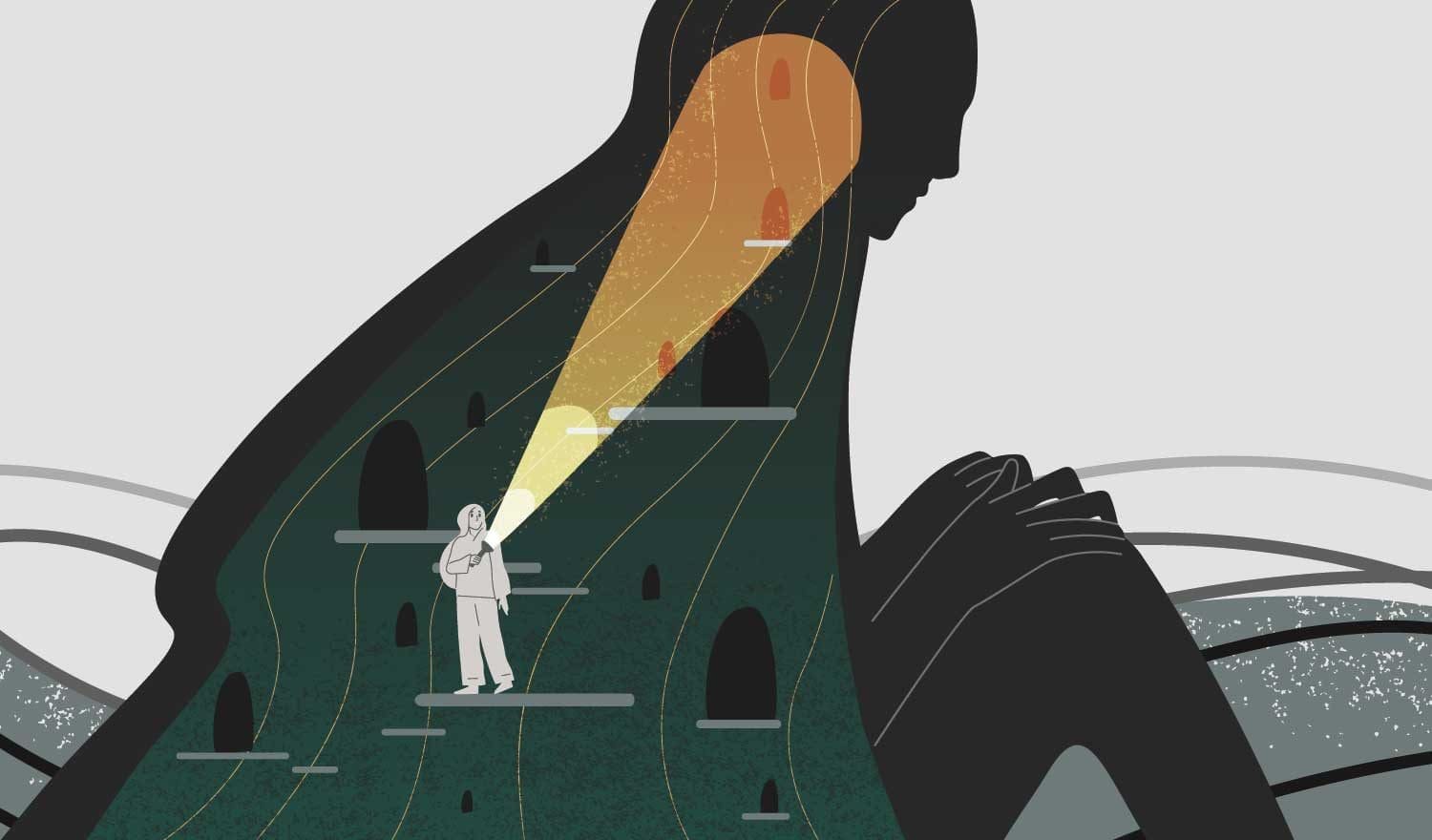2 Pandemic Common Belief Systems
In times of uncertainty, like what we are facing with the Coronavirus outbreak, there is 2 Pandemic Common Belief Systems regarding fear. You might feel it in your emotions and your thoughts as your nervous system are picking up on what is going on around you. There is a pathogenic virus and there is an emotionally driven fear virus spreading at the same time. There definitely are practical decisions to make, consequences to consider, and regulations to follow in times like these – affecting us financially and socially. And then there are the stories and the stress that the mind is creating and adding to the situation.
In our latest Self Mastery Get Together (a Live conversation on Facebook) we addressed some of the common belief structures that you might feel getting activated during this time and how you can move out of a stress response to make better choices for the decisions you need to make. (As I’ve covered in this article on How to Break the stress cycle, our best decision making does not happen when we are in fight or flight.) You can watch the video of the full conversation below and also download a guided meditation that Gary and I shared, but first I would like to cover two of the belief structures that I have seen revealed in people’s reactions to the virus, the isolation and changes to their life.
Of course, there is the obvious one: fear of dying or a person close to you dying. Right now our survival instinct is getting activated and it gets triggered by the threat of disease, lack of food, or losing income. Will we survive and be okay? This is a primal instinct but that nervous system response also activates stories and thoughts in the mind that increases the reaction and puts it in a stress response loop. But let us look at two other belief structures, that are not as obvious and might stay hidden.
2 Pandemic Common Belief Systems: Hidden Belief Structures
1. Fear of losing control
This belief structure has no problem being responsible, in fact, it wants to feel in charge. If it hurts someone else it can say sorry. What it fears most is that the sense of control is taken away, that it does not have a saying in the development of things, or that it can affect the outcome.
What it believes:
- I need to be in control
How it’s reacting to the pandemic:
- Now others are telling me what to do, workplaces are closing, income decreasing, will I get healthcare – feels like I’m losing control and can’t make my own decisions
How that might show up:
- A need to set things in order, control what is possible
- Making a plan on how to survive the outbreak
- Clean the house, organizing the storage unit
- Rebel against regulations enforced by government
- Stock up on things
- Reading every article, acting like it knows exactly what’s going on, having all the answers, calling other’s stupid for not getting it
2. Fear of being responsible
This belief structure feels fine with others telling it what to do if that guarantees it is doing things right, or that it can blame others for making the wrong decision. As long as it is not being in charge.
What it believes:
- There is a right and wrong answer and I’ll get punished if I get it wrong, therefore I don’t want to be responsible
How it’s reacting to the pandemic:
- Now there’s a chance of passing on the virus and infect others – let’s close down the business and make other quick decisions because I don’t want to be the cause of this
How that might show up:
- A need to figure out the right thing to do
- Reading all news and recommendations
- Closing down their business, backing out of all social events without considering options
Why do we have these as our 2 Pandemic Common Belief Systems?
How we end up with one (or both) of these belief structures depends on how we were raised and the experiences we had early on in our life.
If you grew up in a situation that felt chaotic or unsafe, where you had to take charge to create some order and safety: being the parent to your parents or siblings, or making sure dinner wasn’t forgotten or being left alone a lot of the time. Then you were more likely to form the belief structure that thinks it needs to be in control. You can also simply have experienced that being in charge was premiered, encouraged with attention, gifts, and praise when you were a strong leader, planner, and taking charge.
This belief structure is afraid of letting go and be with what is, because that was connected with being unsafe, not loved, and accepted when growing up. This is a strong survival mechanism for a child.
If you on the other hand was taught that it was more important to make others happy and being punished for doing something wrong, not following rules, and complying with unspoken social rules, then you probably developed more of the second belief structure.
A punishment could be physical abuse or yelling but also being ignored, met with silence or disappointed looks, or shut out. This is enough for a child to notice and react to. Not being seen or spoken to in a family means you’re in danger – will you get food, protection, and be cared for? Also, there’s a fair amount of emotional pain to being shut out. As humans, we want and long for the connection with others and if someone is punishing us by taking that away we feel it and can either rebel against it with anger and shutting them out ourselves, or trying anything to get on their good side again. Either way, we have concluded that we are the problem and reacted to it.
This belief structure is afraid of making their own decisions and needs the guidelines, the right answer to not be anxious. It often defends its decisions under layers of anger and has a hard time saying they’re sorry if they hurt someone. It doesn’t want to be responsible and often blames people in charge of making bad decisions or not doing enough.
Both of the 2 Pandemic Common Belief Systems are protective mechanisms
They might look quite different on the surface but a few layers down they are similar. They are both trying to avoid punishment, emotional hurt, abandonment, and rejection and make sure they stay safe, loved, and connected to the tribe.
To me, seeing the underlying belief structures of my own and other people’s reactions help me understand myself but also being more compassionate and less surprised about reactions from others that you might see around you right now. In Facebook groups, in Youtube comments, and if conversations.
If you want more insights on how the fear is affecting us in times of uncertainty and how you can both use the situation to learn more about your belief system and shift out of stress response to what is going on around you, watch the video from our Self Mastery Get Together below.
You can also join our next free call by going to this page. And of course, if you are new to looking at your unconscious program of beliefs and want to learn the skills to change it, the free Self Mastery Introduction Course is a good start.
Download the relaxation meditation
You can download the meditation we shared in the end of this video as mp3-file by filling out this form:



